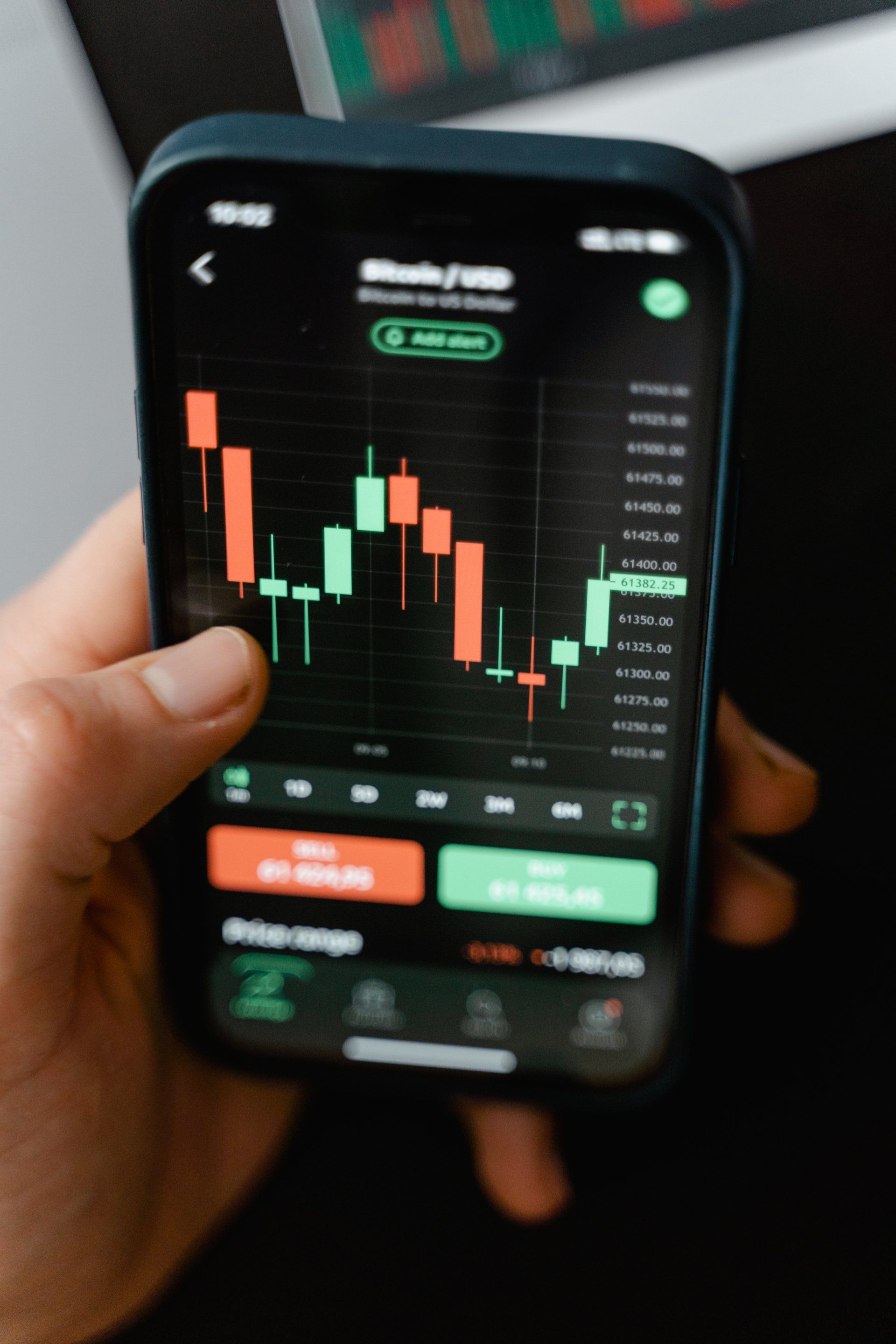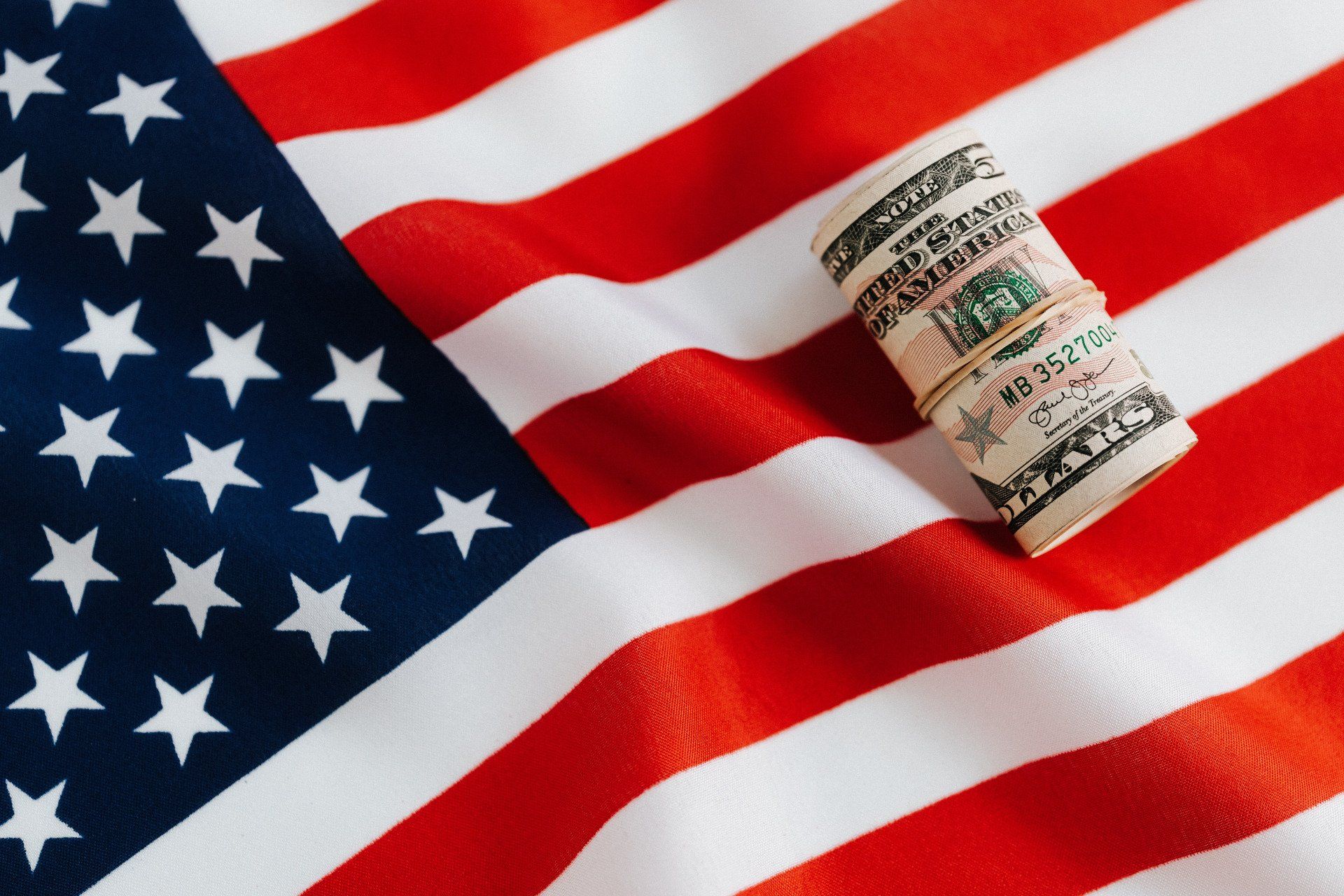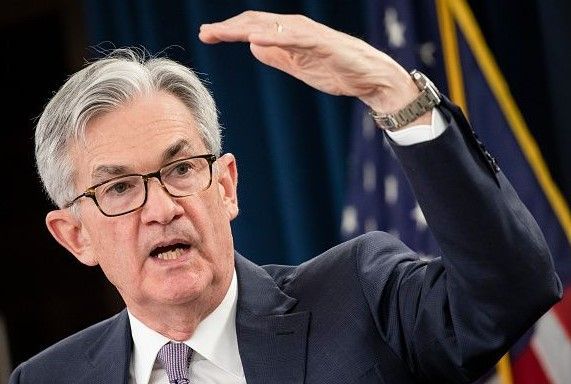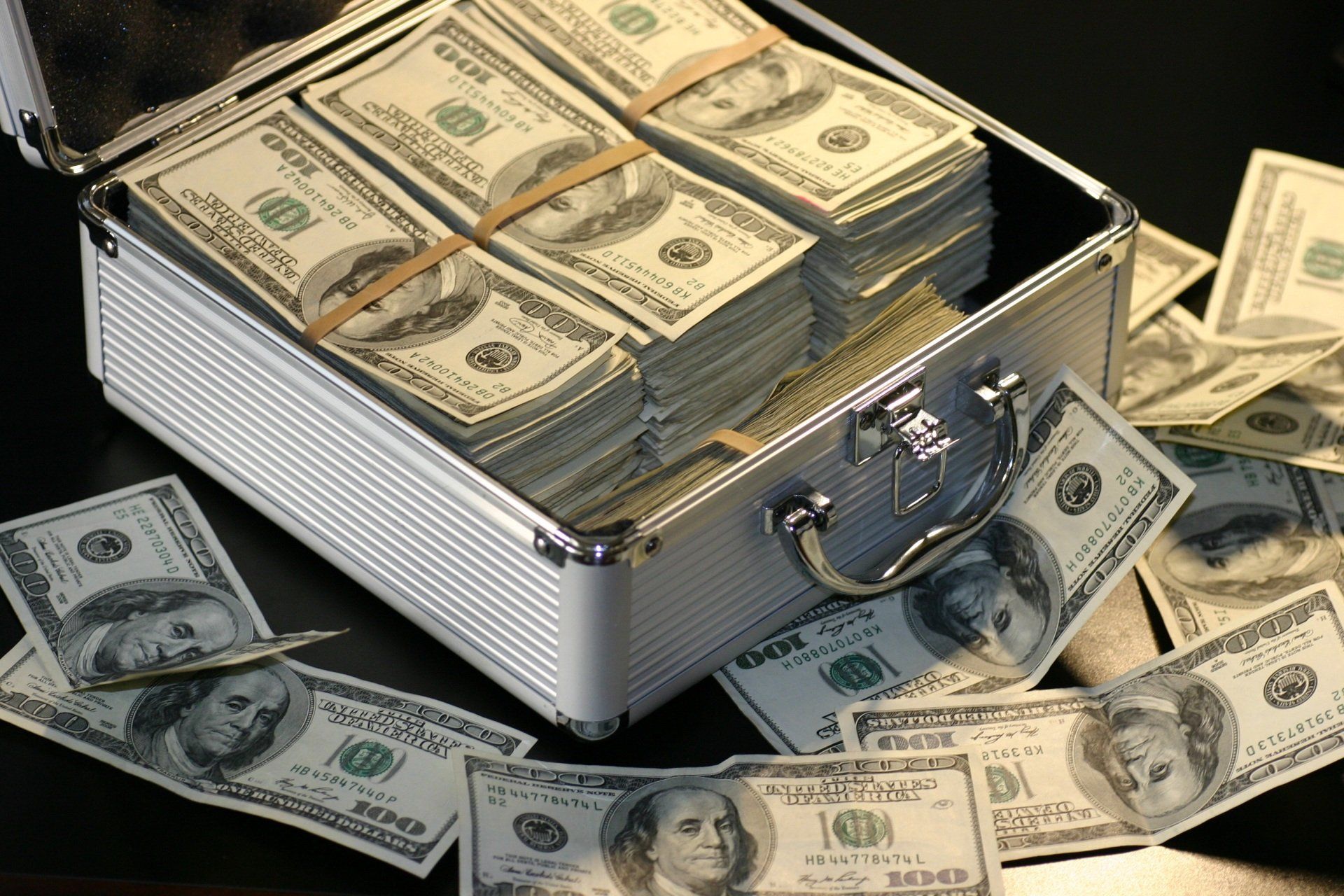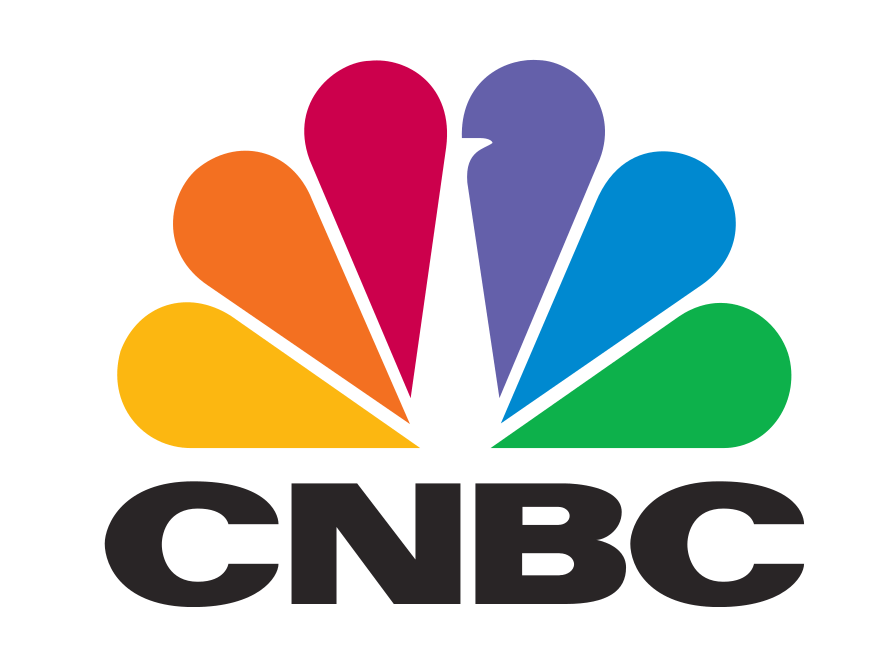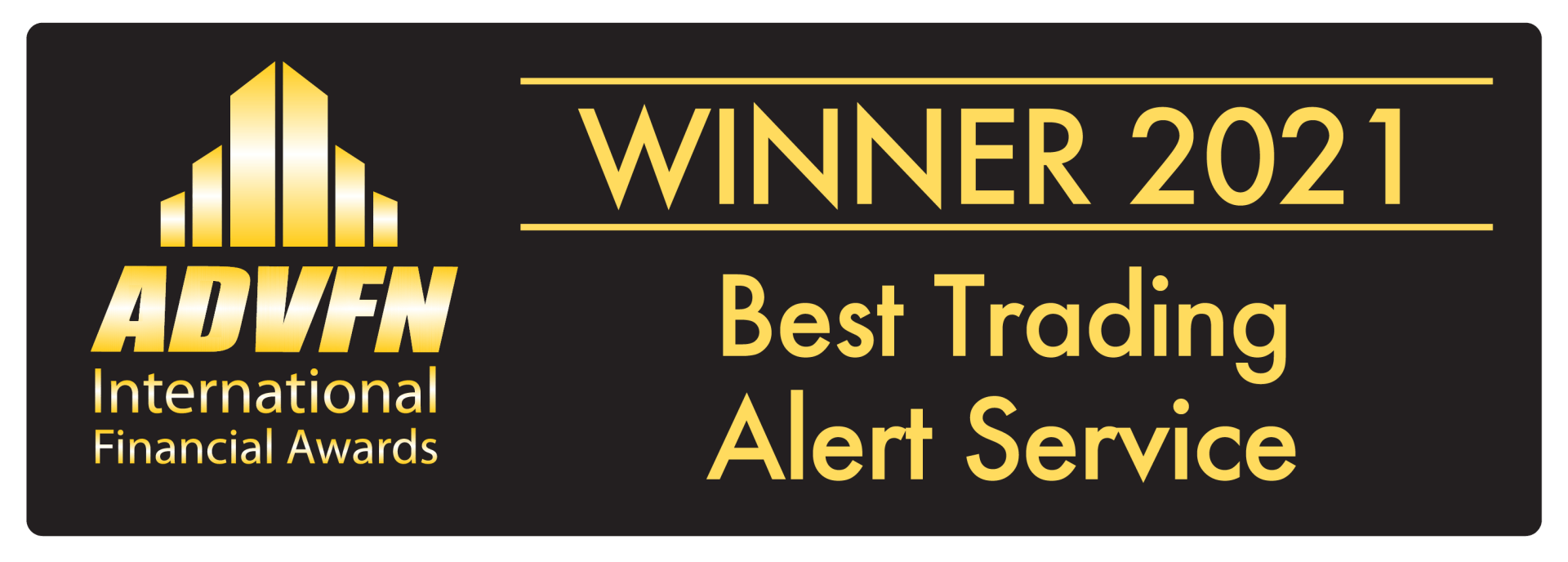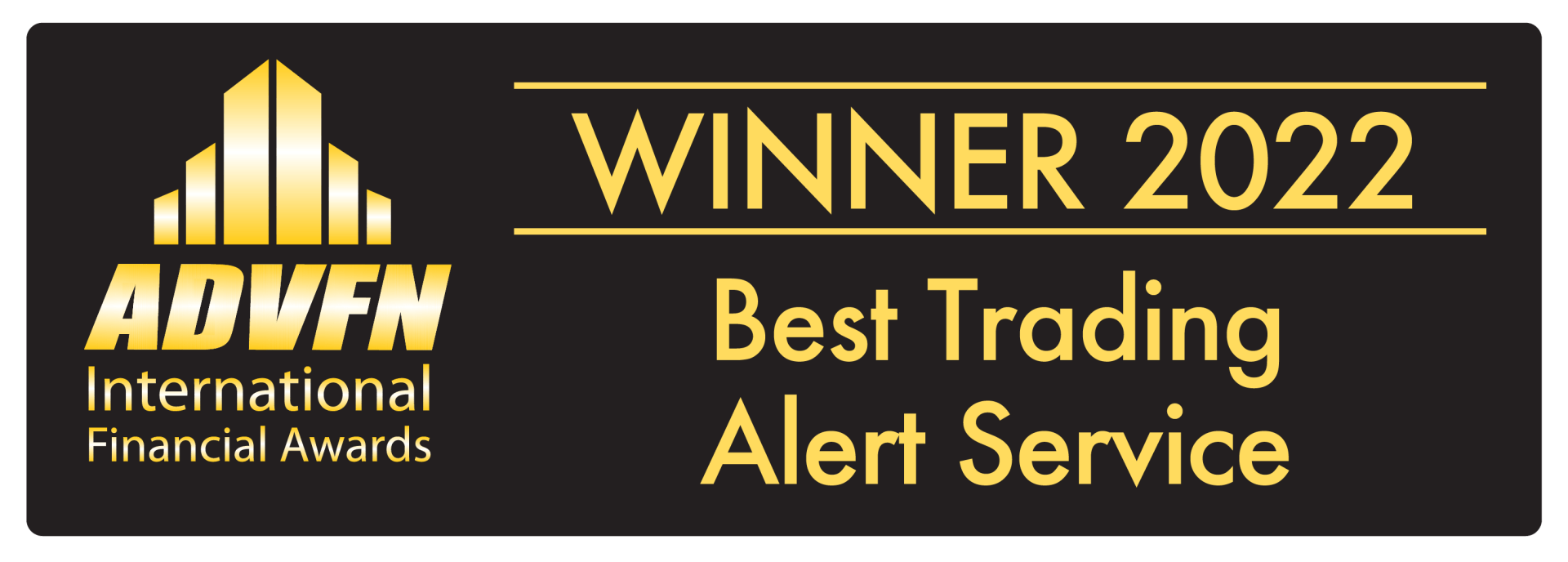Free Trade vs Protectionism
The search for cleaner, greener energy means that huge investment is going into the research, development and production of many areas of renewable energy. The companies that can master the best technologies quickly and effectively bring them to market will have an early lead on the competition in what is likely to be a key industry for the foreseeable future. Which means the companies that do it well could be industry leaders for many years to come (you can think of it like a new wave of tech!).
However, because the move from fossil fuels to sustainable energy is so fundamental, the costs associated with refining and implementing these new technologies are huge. So it's unsurprising that we've seen many Governments looking to subsidise these areas, the Inflation Reduction Act (IRA) in the US being one example ($500bn in new spending and tax breaks).
But in a global economy will subsidies really help or are they just another barrier to trade?
Subsidies
A subsidy is a payment to a firm (direct or indirect) from the government or a specific tax cut. Either way they put more money in the hands of the firm and are designed to get the company to invest in a certain area of business which the government believes will help boost the economy. The economic boost could be needed to regenerate a certain geographic area in the country or it could be related to kickstarting a competitive edge for businesses which compete in a particular market sector.
The current war in Ukraine has once again shown the importance of energy security for countries (the IEA defines energy security as the uninterrupted availability of energy sources at an affordable price). Hence why energy related technologies have moved high up the political agenda. Subsidies for these and other green technologies are now in place around the world.
The Good
Subsidies are good in that they can prevent the long-term decline of industries, establish new industries and provide a greater supply of goods into the market for use within the market or to export to other markets. The key benefit of subsidies is that they allow the firm to effectively produce their product/service at a lower cost because the subsidy is effectively free money. This is good news if you're a customer for the product.
The Bad
We live in a global economy with global trade and every day millions of goods are being shipped around the world. If firms in one country can now produce at a lower cost due to government subsidies then they can leverage that cost advantage to ship to other countries undercutting domestic players. Over time that would allow the subsidised company (and the country it is based in) to become a dominant player in the market. And if you are a dominant player in a market then your government is happy because you pay taxes and you employ people who pay taxes. But given the ultimate rewards in this sector are so high no one country wants to see another getting ahead and therefore they have to consider having their own subsidies.
This is the debate that is playing out right now in many parts of the world. Take one example where you have the EU and Germany discussing subsidies so that Volkswagen (VW) doesn't build it's main giga battery factory in the US where large subsidies are available via the IRA. If VW chooses the US, then the EU will not develop all the core skills and competencies required in its local market and become reliant on imports, hence losing tax revenues and future capability in this key energy sector.
Moreover if each country is subsidising industries to make the cheapest product then there is little chance of cross-border trade and global inter-trade dries up in these specific market areas. Particularly if the prize is so enormous, which it is likely to be in this area.
The Future
Which means that effectively subsidies start acting as tariffs and barriers to doing cross-border business. It's not free trade it's a form of protectionism with all the associated geopolitical tensions and impact on other areas of trade and collaboration.
For hundreds of years, if not longer, the world has thrived on global trade. Subsidies have come and gone, tariffs have come and gone yet it still survives. When the new energy goldrush finally subsides, there will no doubt be winners and losers on all sides but if history tells us anything, Free Trade will survive!
The current volatility in markets is giving some great Trading opportunities. Inteligex can help you Learn to Trade the right way. Our class leading Trade Signals and Indicators can boost your consistency and returns. Book your FREE Personal Consultation below to find out more. It's over highly accurate and even tells you where to put your stops and targets.
To see how you could become a winning trader, book your FREE Personal Consultation.
USEFUL LINKS: Risk and Reward, The end of Cheap Money, What is Artificial Intelligence, Tech Stock Rebound, Banking Crisis, Common Trading Mistakes, What is a Recession, What is Fiscal Policy, What is Monetary Policy, Why are Economic Forecasts Wrong, US Stocks in 2023, Your best shot at Goal, Learn to Earn, Looking for a good stock to buy, What is Inflation?, How interest rates work

